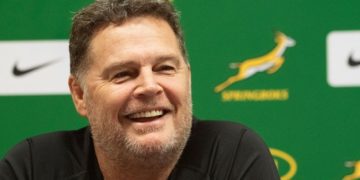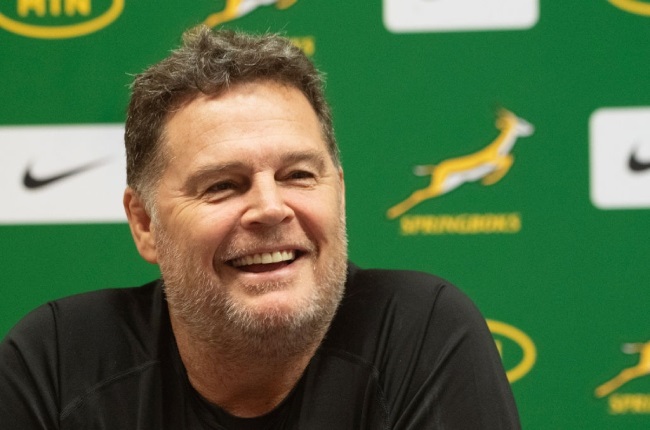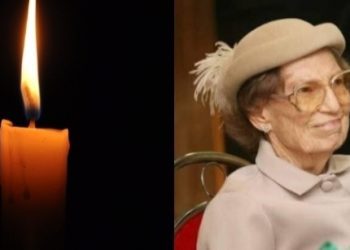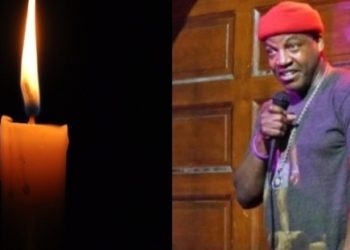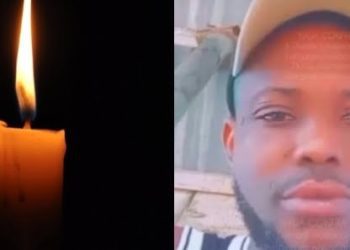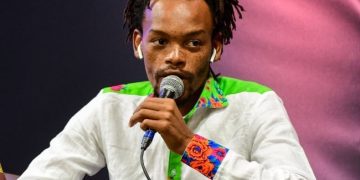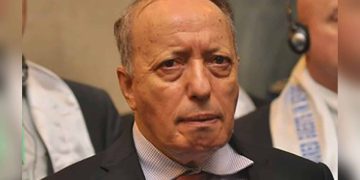Who is Rassie Erasmus?
Rassie Erasmus, a name synonymous with rugby brilliance and strategic mastery, stands as an iconic figure whose journey from the modest town of Despatch to the pinnacle of global rugby coaching has redefined South Africa’s sporting legacy.
Born Johan Erasmus on November 5, 1972, this visionary leader transitioned from a formidable Springbok flanker to the architect of back-to-back Rugby World Cup triumphs in 2019 and 2023, earning accolades as the 2019 World Rugby Coach of the Year.
At 52, Rassie Erasmus’s path, marked by innovative tactics, a transformative vision for the Springboks, and a polarizing public persona, reflects a potent blend of resilience, ingenuity, and national pride, positioning him as a towering force in rugby’s evolution as of May 30, 2025.
This Rassie Erasmus’s latest biography delves into the remarkable ascent of a coach whose strategic foresight and emotional depth have united a diverse nation, offering a lens into the interplay of personal hardship, professional excellence, and cultural impact that defines his influence.
From his early days captaining school teams in Despatch to leading the Free State Cheetahs to Currie Cup glory and revolutionizing the Springboks with systems like the Elite Player Development pathway, Rassie Erasmus’s career is a saga of triumphs tempered by controversies, including referee disputes and personal challenges like his father’s alcoholism.
His personal life, anchored by family and faith, adds nuance to a figure whose legacy transcends sport.
What follows is an in-depth exploration of his early years, playing career, coaching mastery, major achievements, personal life, and the evolving legacy of a leader whose vision, from the Eastern Cape’s rugby fields to the world stage, continues to shape South African rugby, one calculated victory at a time.
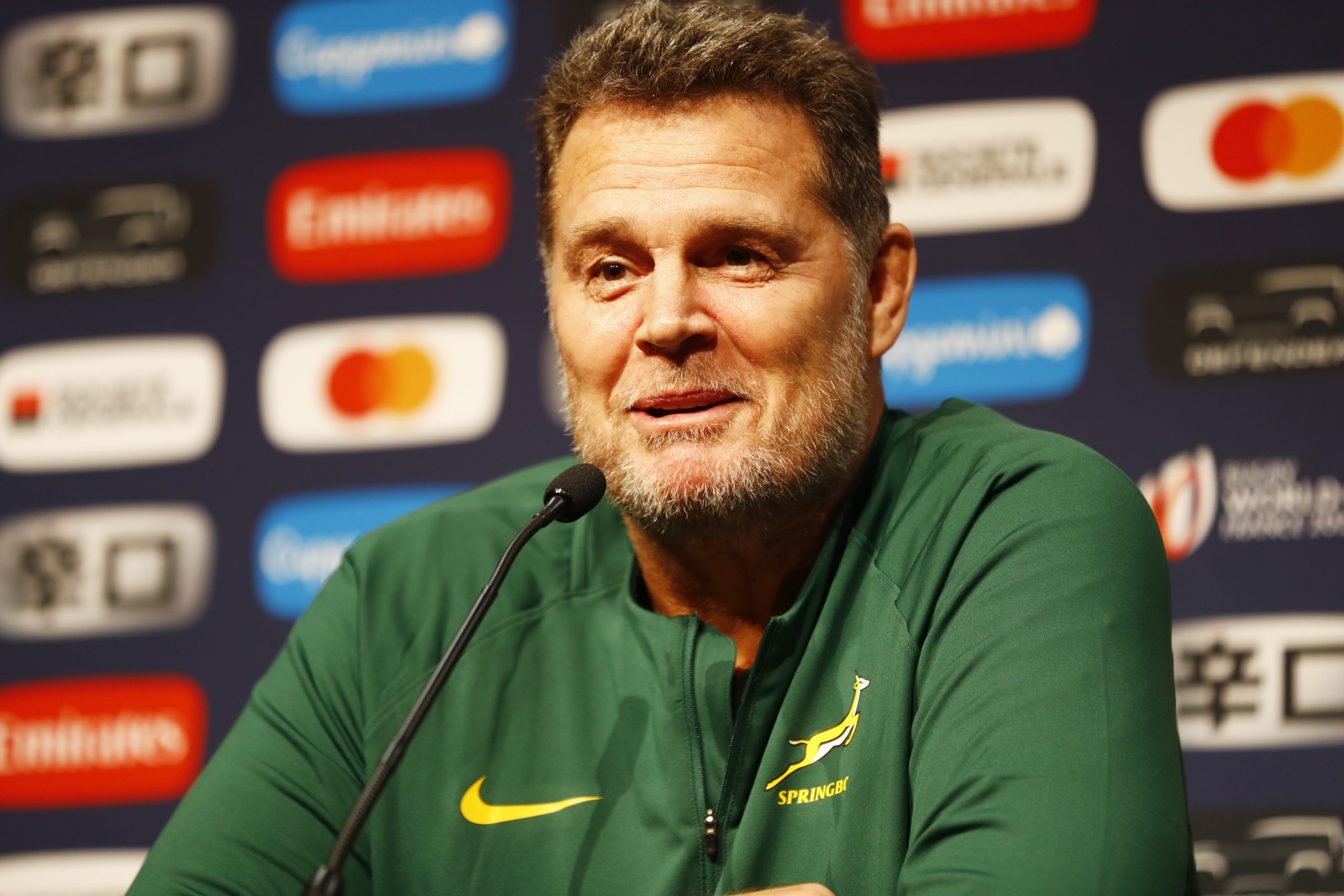
Johan Erasmus’s Bio-Data
| Name | Johan “Rassie” Erasmus |
| Date of Birth | November 5, 1972 |
| Age | 52 years old |
| Place of Birth | Despatch, Eastern Cape, South Africa |
| Occupation | Rugby Coach, Former Rugby Player, Director of Rugby for the South African Rugby Union (Springboks) |
| Net Worth | Estimated at $1 million to $10 million USD |
| Source | Bsgistnews.com |
Early Life and Education
Johan “Rassie” Erasmus was born on November 5, 1972, in Despatch, Eastern Cape, South Africa, a small town known for producing notable sports figures.
Raised by parents Lourens Marthinus Erasmus and Martha Sophia Erasmus, alongside eight siblings, including sister Martha Sophia du Plessis, Rassie grew up in a conservative, rugby-loving Afrikaner family.
His father, employed in the Bantu Administration during apartheid issuing “dompas” identity documents, struggled with alcoholism, a challenge Rassie recounts in his biography, describing nights holding his father’s hand to calm him.
This shaped his introspective, empathetic nature, despite his public image as a bold strategist.
Erasmus attended Hoërskool Despatch, where he excelled as a rugby player, captaining the school team.
His large frame and competitive spirit made him a standout flanker.
He later enrolled at the University of the Free State in Bloemfontein, graduating with a Bachelor of Science in Sports Science in 1994.
At university, he played for the Free State rugby team, laying the foundation for his professional career.
His nickname “Rassie,” a diminutive of Erasmus meaning “beloved” in Greek, was cemented during his army service, reflecting his approachable persona.
Erasmus’s Career Before Prominence
Erasmus began his elite rugby career with the Free State Cheetahs in the 1994 Currie Cup, debuting as a flanker during rugby’s transition to professionalism in 1995.
Standing at 1.91 meters (6’3”) and weighing 99 kg (220 lbs), his physicality and versatility made him a formidable loose forward.
He played for Free State from 1994 to 1999, finishing as Currie Cup runner-up in 1994 and 1997.
In 1997, he debuted in the Super 12 (now Super Rugby) with Free State, scoring 10 points in seven appearances.
From 1998 to 2000, he joined the Golden Lions, making 11 appearances, and played for the Cats (1998–2001), captaining them to Super 12 finals in 2000 and 2001.
He later moved to the Stormers in Cape Town (2001–2003), retiring in 2003 after 112 provincial and Super Rugby appearances due to a chronic knee injury requiring 32 surgeries.
Internationally, Erasmus earned 36 caps for the Springboks between 1997 and 2001, debuting against Ireland on July 5, 1997, in a 35–16 win.
He scored seven tries, including a hat-trick against Wales in 1998, and played in the 1999 Rugby World Cup, where South Africa placed third.
He captained the Springboks in 1999 against Australia, though they lost 32–6 in Brisbane.
Rassie Erasmus was part of Nick Mallett’s squad that secured 15 wins in a 17-match streak (1997–1998), including the 1998 Tri-Nations title.
His playing career, while solid, was curtailed by injuries, shifting his focus to coaching.
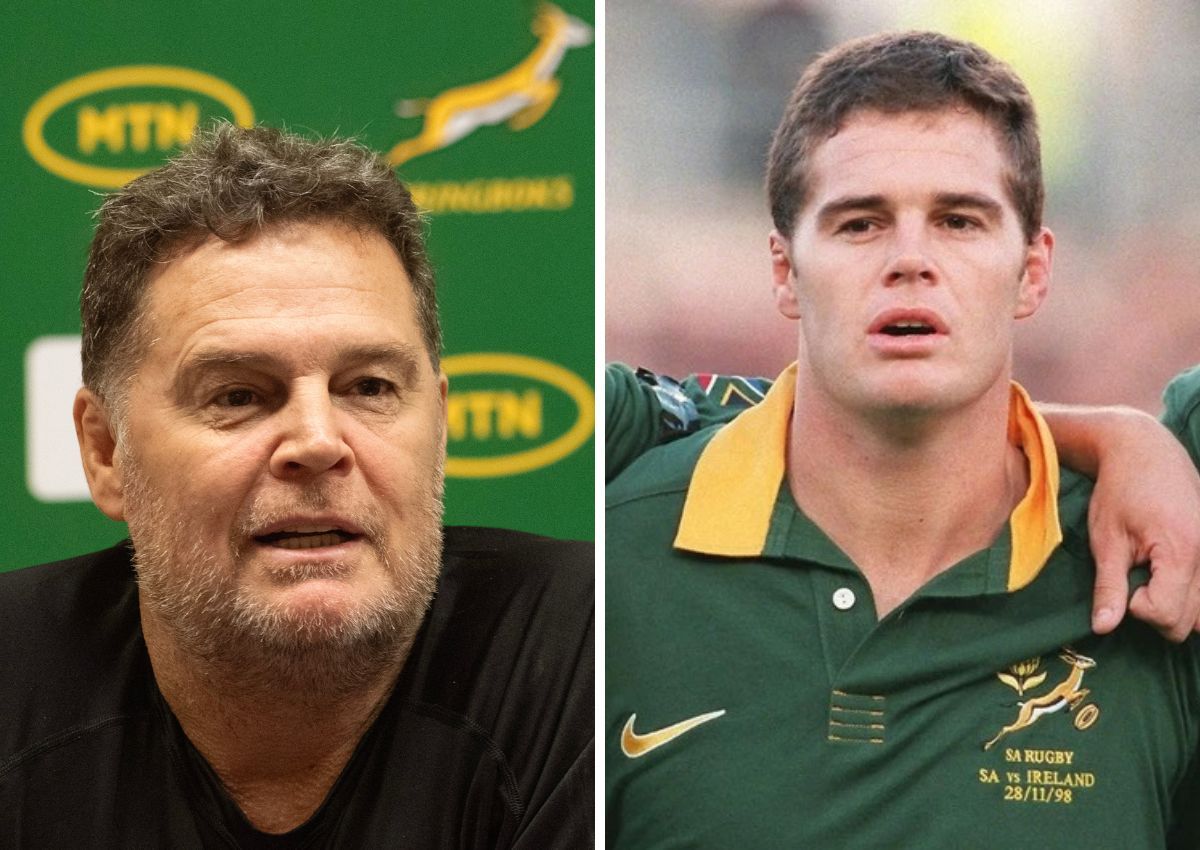
Rassie Erasmus’s Coaching Career
Rassie Erasmus transitioned to coaching immediately after retiring in 2003, starting as an assistant coach for the Free State Cheetahs.
In 2004, he became head coach, leading the Cheetahs to their first Currie Cup title since 1976 in 2005 and sharing the 2006 title with the Blue Bulls after a draw.
In 2006, he became the inaugural coach of the Cheetahs’ Super 14 franchise.
In 2007, he served as a technical adviser for the Springboks during their Rugby World Cup win in France under Jake White.
From 2008 to 2011, he coached Western Province and the Stormers, reaching the 2010 Super 14 finals.
In 2011, Rassie Erasmus was a technical adviser for the Springboks during the Rugby World Cup in New Zealand.
He then joined the South African Rugby Union (SARU) as General Manager of High Performance Teams until 2016.
In April 2016, he became Director of Rugby for Ireland’s Munster, taking on head coach duties after Anthony Foley’s death, and won the 2016–17 Pro12 Coach of the Season award.
He left Munster in December 2017 to become SARU’s first Director of Rugby.
Appointed Springboks head coach in March 2018, alongside his Director of Rugby role, Rassie Erasmus transformed a faltering team.
His innovative strategies, emphasizing physicality, squad depth, and emotional alignment, led to the 2019 Rugby Championship title and the 2019 Rugby World Cup victory, defeating England 32–12 in Japan, the first team to win after a pool-stage loss.
He was named 2019 World Rugby Coach of the Year.
Erasmus stepped back from head coaching in 2020, focusing on his Director of Rugby role, but guided the Springboks to a second consecutive World Cup win in 2023 as a consultant, with Jacques Nienaber as head coach.
As of May 30, 2025, he remains Director of Rugby, overseeing the Springboks’ strategy for the 2027 World Cup.
Major Achievements
Erasmus’s achievements are monumental. As a player, he won 36 Springboks caps, the 1998 Tri-Nations, and contributed to the 1999 World Cup third-place finish.
As a coach, he led the Free State Cheetahs to the 2005 Currie Cup and shared the 2006 title.
He won the 2019 Rugby World Cup and 2019 Rugby Championship with the Springboks, earning the 2019 World Rugby Coach of the Year award.
His strategic overhaul contributed to the 2023 World Cup victory, making South Africa the first nation to win four titles.
His development of the Elite Player Development (EPD) pathway and Outfox software revolutionized talent scouting and game analysis.
Rassie Erasmus was inducted into the RugbyPass Hall of Fame in 2021.
Personal Life
Rassie Erasmus is married to Nicolene Erasmus, a former nurse, not Yolanda as some sources erroneously claim.
Married for over 20 years, they have three daughters: twins Nikki and Carli, and Johanna “Janie.”
The family, including their English bulldog Frank, resides in Cape Town. A devout Christian, Rassie Erasmus prays before and after matches and enjoys hunting and nature.
Despite his public image as a bold coach, his 2024 biography Rassie: Stories of Life and Rugby, co-authored with David O’Sullivan, reveals a shy, introverted personality who finds social occasions challenging.
His Twitter/X account (@RassieRugby) is known for sarcastic tweets, though controversial posts, like those criticizing referees Nic Berry (2021) and Wayne Barnes (2022), led to a 12-month ban and a two-match suspension, respectively.
In January 2024, Rassie Erasmus was hospitalized for chemical burns from a detergent accident but recovered within weeks, returning to work.
His family life remains private, with limited details about his parents or siblings beyond his father’s apartheid-era role and alcoholism, which Rassie addressed with compassion in his biography, reflecting his commitment to reconciliation and transformation in rugby.
Legacy and Impact
At 52, as of May 30, 2025, Rassie Erasmus’s net worth is estimated at $1 million to $10 million USD, derived from his coaching salary (reportedly millions annually), endorsements, and investments.
His legacy is one of transformative leadership and strategic genius, lauded by X posts like @PlanetRugby’s tribute to his “masterful mind” uniting South Africa through back-to-back World Cup wins.
His revolutionary shake-up of rugby systems, promoting underprivileged talent and embracing diversity, has reshaped the Springboks, with players like Siya Kolisi embodying his vision.
Critics, however, point to his referee controversies and outspoken nature, with bans highlighting his divisive persona, as noted in SARugbyMag.
His biography reveals a complex figure: a “shy, hyper-focused” leader who sees patterns others miss, per David O’Sullivan, yet unafraid to challenge rugby’s establishment.
His 32 surgeries underscore the physical toll of his playing days, while his emotional connection with fans, evident in the 2019 World Cup’s national upliftment, cements his cultural impact.
As he steers the Springboks toward 2027, Rassie Erasmus’s story, from Despatch’s barefoot boy to rugby’s puppet-master, remains a saga of innovation, resilience, and a relentless drive to redefine South African rugby, one strategic triumph at a time.
Conclusion
Rassie Erasmus’s extraordinary journey through the annals of South African rugby stands as a profound testament to strategic genius, resilient leadership, and an unwavering commitment to uniting a nation through sport, a narrative that stretches from the humble fields of Despatch to the global pinnacle of back-to-back Rugby World Cup triumphs in 2019 and 2023.
Born Johan Erasmus on November 5, 1972, this introspective yet bold tactician transformed his 36-cap Springbok playing career into a coaching legacy that redefined the Springboks, earning him the 2019 World Rugby Coach of the Year and a 2021 RugbyPass Hall of Fame induction.
At 52, with a net worth estimated between $1 million and $10 million as of May 30, 2025, Erasmus’s legacy, forged through innovative systems like the Elite Player Development pathway, transformative victories, and polarizing moments like referee controversies, embodies the complexities of a rugby maestro whose impact transcends the pitch, inspiring a diverse South Africa.
His legacy is a vibrant mosaic of groundbreaking achievements and nuanced challenges.
Leading the Free State Cheetahs to Currie Cup titles in 2005 and 2006, guiding Munster to Pro12 success, and masterminding the Springboks’ 2019 Rugby Championship and World Cup victories showcased his tactical brilliance, while his strategic oversight ensured a 2023 title defense, making South Africa the first nation with four World Cup wins.
His Outfox software and emphasis on diversity, exemplified by captain Siya Kolisi, revolutionized rugby’s inclusivity, uniting fans across racial divides, as celebrated on X by @PlanetRugby.
Yet, his outspoken nature, evident in banned tweets targeting referees like Nic Berry and Wayne Barnes, drew suspensions and criticism, reflecting a fiery edge that both galvanizes and divides, per SARugbyMag.
His 32 surgeries and recovery from a 2024 chemical burn accident underscore his physical and mental fortitude.
On a personal level, Rassie Erasmus remains a devoted family man, married to Nicolene, father to Nikki, Carli, and Janie, whose Christian faith and Despatch roots anchor his shy, empathetic core, revealed in his 2024 biography Rassie: Stories of Life and Rugby.
His candid reflections on his father’s alcoholism and love for hunting and nature humanize a coach whose sarcastic X presence (@RassieRugby) connects with fans, though controversies linger.
As of May 30, 2025, Rassie Erasmus stands at a pivotal juncture, guiding the Springboks as Director of Rugby toward the 2027 World Cup, his systems poised to sustain South Africa’s dominance, while his referee disputes and bold persona challenge his global reputation.
Whether history will remember him as rugby’s greatest strategist or a divisive innovator, his impact, from Eastern Cape’s schoolyards to the world’s grandest stadiums, is indelible, a legacy of transformation and triumph that continues to elevate South African rugby, one calculated victory at a time.
FAQs
Q. Who is Rassie Erasmus?
Rassie Erasmus, born Johan Erasmus on November 5, 1972, in Despatch, Eastern Cape, South Africa, is a renowned rugby coach and former Springbok flanker. As Director of Rugby and former head coach of the Springboks, he led South Africa to Rugby World Cup victories in 2019 and 2023, earning the 2019 World Rugby Coach of the Year award.
Q. What are Rassie Erasmus’s major coaching achievements?
Erasmus coached the Free State Cheetahs to Currie Cup titles in 2005 and 2006, led the Springboks to the 2019 Rugby Championship and 2019 Rugby World Cup titles, and guided them to a 2023 World Cup win as a consultant. His innovative systems, like the Elite Player Development pathway, have transformed South African rugby.
Q. Why has Rassie Erasmus faced controversies?
His outspoken criticism of referees, including tweets targeting Nic Berry in 2021 and Wayne Barnes in 2022, led to a 12-month Twitter ban and a two-match coaching suspension, respectively, drawing criticism for undermining rugby’s integrity, though supporters on X praise his passion for fairness.
Q. What is Rassie Erasmus’s net worth?
As of May 30, 2025, his net worth is estimated at $1 million to $10 million USD (approximately R15 million to R150 million), based on his coaching salary, endorsements, and investments, though exact figures are unverified and vary across sources.
